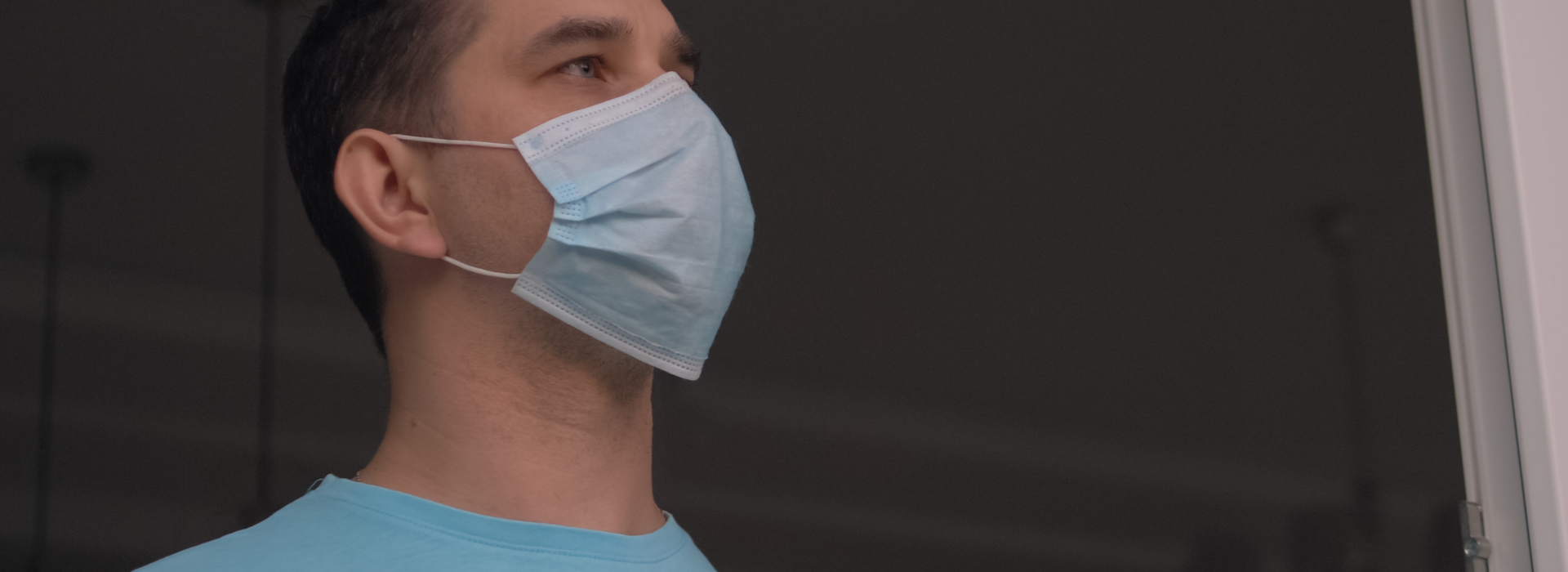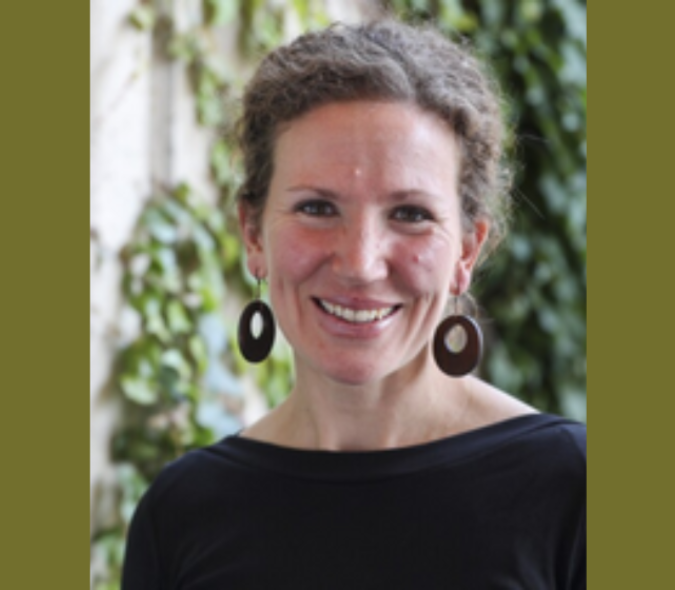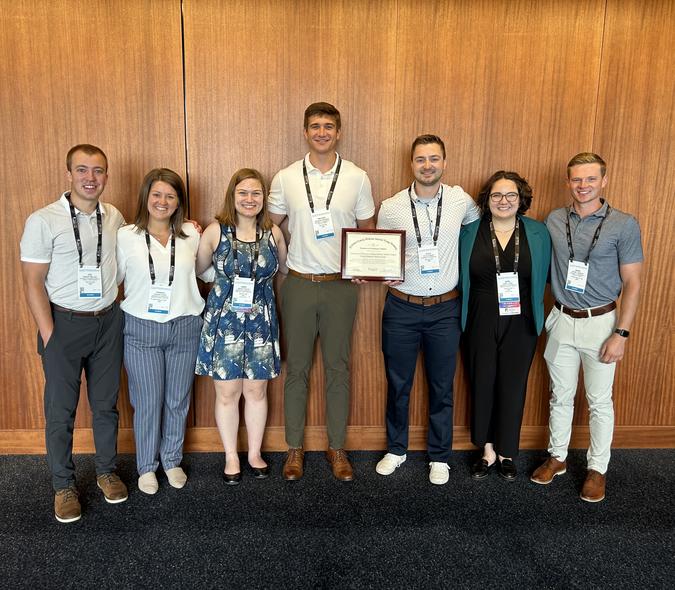
U Researchers Examine Global Resilience and Sleep Quality During the COVID‑19 Pandemic
When the COVID-19 pandemic reached our communities during the start of the new year, our daily routines and plans instantly changed. The novel Coronavirus produced a global health challenge with long-term consequences to our world's health and socioeconomic wellbeing.
Led by Mustafa al’Absi, PhD, the Stress and Resilience Laboratories (SRRL) launched a global study to map out the behavioral dynamics of how people have adjusted during the pandemic and was made available in Spanish, French, Arabic, Chinese, Italian, German, Bulgarian and Russian.
In December 2020, Dr. al’Absi, and SRRL team member, Briana DeAngelis published their findings in the International Journal of Behavioral Medicine, concluding that perceived isolation was associated with greater reductions in sleep quality during the current health crisis.
KEY FINDINGS
-
Resilience, or “the ability to bounce back or recover from stress” is one factor that may buffer the impact of pandemic-related isolation on negative moods and sleep.
-
Results: Perceived isolation was associated with greater reductions in sleep quality during the current health crisis.
-
Depressed and anxious mood played a role in translating the effect of isolation on sleep.
-
Higher levels of social capital are associated with decreased anxiety and depression levels and with improved physical and mental health.
This study is among the first to examine the role of resilience in moderating the relationships among feelings of isolation, depressed and anxious mood, and sleep quality during the COVID-19 pandemic.



